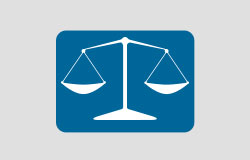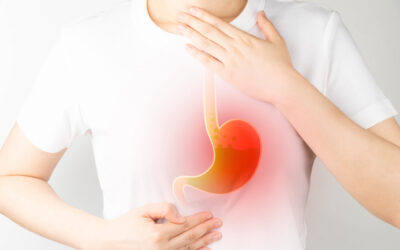
California wants its drivers to act responsibly and therefore has laws on the books to punish habits associated with unsafe driving habits. As such, individuals are forbidden by law to drink beer or other alcoholic beverages in a personal car, even if they aren’t driving. Passengers in limousines and other for-hire vehicles may be allowed to drink in the vehicle.
Having a passenger in the car who is actively drinking may cause the police to suspect the driver of DUI. They can initiate an investigation that may wrongly lead to your arrest. If you’ve been charged with a DUI or other offense for drinking in your vehicle, fill out the form on this site or call (310) 896-2724 today.
Vehicle Code 23221
California Vehicle Code Section 23221 forbids any driver or passenger from:
- Drinking any alcoholic beverage
- Ingesting any marijuana product
If you are convicted under Section 23221, you are guilty of a traffic infraction. This is a step below a misdemeanor charge, meaning that you only face a monetary penalty. The fine for a traffic infraction like drinking in a car has a maximum of $250, but it could be less.
When You Are Allowed to Drink a Beer in Your Car
The law specifies that a driver or passenger may not drink while in a personal vehicle on any public roadway. This means that you are allowed to have a beer as a passenger when:
- You are on a private road or land
- You are a passenger in a vehicle for hire (e.g., limousine, cab, ride-sharing)
These protections don’t necessarily apply if the individual is a minor under the age of 21.
Underage Passengers
Individuals under 21 face special restrictions when it comes to having a beer or any other container of alcohol in the car. If you are a driver or passenger under 21, you may not have any alcohol in the vehicle, even if the container has never been opened.
Under Vehicle Code Section 23224, a minor found in possession of alcohol in a vehicle faces:
- A criminal misdemeanor charge
- A $1,000 fine
- Six months in jail
There are three exceptions to Section 23224, which are:
- The minor was in the vehicle with a parent, legal guardian, or other adult authorized by the minor’s parents/legal guardian.
- The minor was transporting the alcohol on behalf of a parent or legal guardian, and was doing so in a reasonable manner.
- The minor was employed by a business licensed to carry and serve alcohol, and was transporting the container as an official duty of their employment.
A minor may instead be charged with underage possession of alcohol under Penal Code 25662, which carries with it for a first offense:
- A fine of up to $250
- Community service for 24 to 32 hours
Passengers and DUI
A passenger will not typically get charged with a DUI, even if they are drinking a beer in the car when an officer approaches the vehicle. There are only two scenarios in which an officer may arrest a passenger for a DUI:
- The officer has some reason to believe that the driver and passenger swapped seats.
- There is reason to believe that the passenger took control of the car (i.e., grabbed the wheel).
These scenarios may arise if there is dashcam footage, an eyewitness report, or the officer is unsure of who was driving following an accident. Generally, these charges come from a DUI investigation into the driver.
DUI Investigation Because of a Passenger Drinking
An officer may not arrest a driver for DUI simply because a passenger was having a beer in the car. Instead, the officer may point to drinking in the vehicle as a potential sign of DUI, particularly if:
- There was an accident
- The driver smells of alcohol
- The driver is slurring their speech
- The officer witnessed unsafe driving behavior (e.g., swerving or speeding)
These facts taken together may prompt the officer to request a field sobriety test. As the driver, you may politely decline to take the test.
Are you facing a DUI charge in Los Angeles? Call us today at (310) 896-2724 to schedule your free consultation with a highly experienced DUI lawyer. Our lawyers can evaluate your case for free and help you start building the best defense possible.







